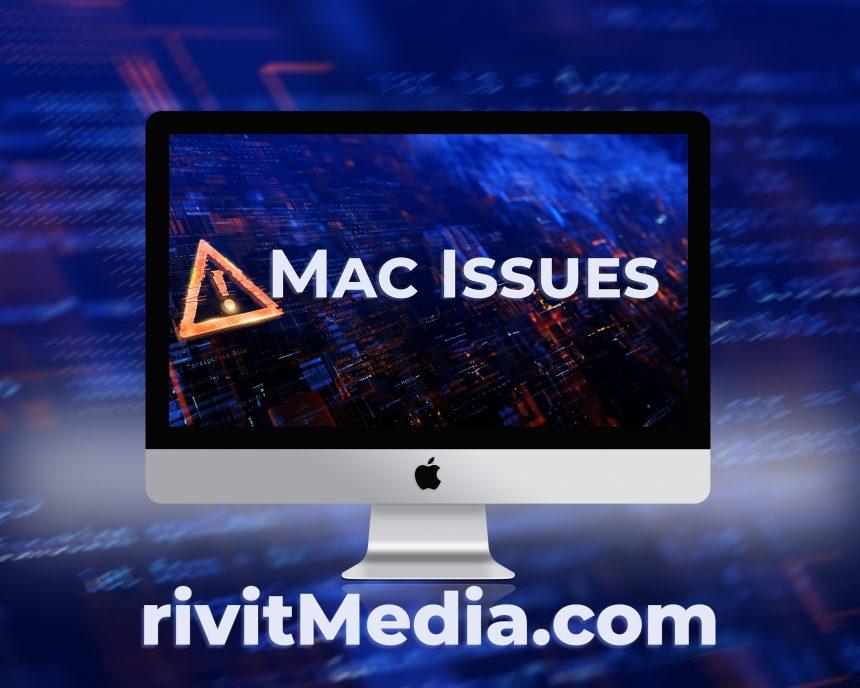In a recent development, the U.S. Cybersecurity and Infrastructure Security Agency (CISA) has added a high-severity flaw to its Known Exploited Vulnerabilities (KEV) catalog, affecting a range of Apple devices, including iOS, iPadOS, macOS, tvOS, and watchOS. Tracked as CVE-2022-48618, this vulnerability with a CVSS score of 7.8 revolves around a kernel component bug, posing a significant threat to Apple users.
Technical Overview of CVE-2022-48618
The identified vulnerability in Apple’s software ecosystem revolves around a kernel component bug, a critical aspect of the operating system. With a CVSS score of 7.8, indicating a high severity level, the flaw enables attackers with arbitrary read and write capability to potentially bypass Pointer Authentication. Apple has acknowledged the seriousness of the situation, emphasizing that versions of iOS predating 15.7.1 may have been actively exploited.
To address this security concern, Apple promptly implemented enhanced checks as a part of its security measures. However, the specific details regarding how threat actors are exploiting this vulnerability in real-world scenarios remain undisclosed, adding an element of uncertainty to the situation.
Apple’s Response and Patch Deployment
Notably, patches for CVE-2022-48618 were discreetly released on December 13, 2022, alongside the launch of iOS 16.2, iPadOS 16.2, macOS Ventura 13.1, tvOS 16.2, and watchOS 9.2. Despite the timely release of patches, the public disclosure of this flaw came to light more than a year later on January 9, 2024, raising questions about the timing of the revelation.
This incident echoes a prior resolution by Apple in July 2022 when a similar flaw (CVE-2022-32844, CVSS score: 6.3) in the kernel was addressed with the release of iOS 15.6 and iPadOS 15.6. The company clarified that “An app with arbitrary kernel read and write capability may be able to bypass Pointer Authentication,” and this was rectified through improved state management.
Urgent Recommendations by CISA
In response to the active exploitation of CVE-2022-48618, CISA is urgently recommending that Federal Civilian Executive Branch (FCEB) agencies apply the fixes by February 21, 2024. The sense of urgency underscores the potential risks associated with the vulnerability, urging swift action to mitigate the threat.
Adding complexity to the situation, Apple has also addressed an actively exploited flaw in the WebKit browser engine (CVE-2024-23222, CVSS score: 8.8), with comprehensive coverage extended to the Apple Vision Pro headset, available in visionOS 1.0.2.
Best Practices for Users
As users navigate the implications of CVE-2022-48618 and similar vulnerabilities, adopting best practices becomes essential:
- Timely Updates: Regularly update your Apple devices with the latest security patches and firmware releases.
- Vigilance and Awareness: Stay informed about security advisories and potential vulnerabilities. Exercise caution while interacting with unfamiliar links or content.
- Implement Security Measures: Leverage security features provided by Apple, such as biometric authentication and device encryption.
- Educate End Users: Organizations should educate users about the importance of prompt updates and security awareness.
- Adopt Multi-Layered Security: Consider implementing multi-layered security measures, including firewalls and intrusion detection systems.
In conclusion, the active exploitation of CVE-2022-48618 emphasizes the critical importance of timely updates and heightened security measures. Apple users are urged to stay vigilant, apply patches promptly, and embrace a proactive approach to cybersecurity.





